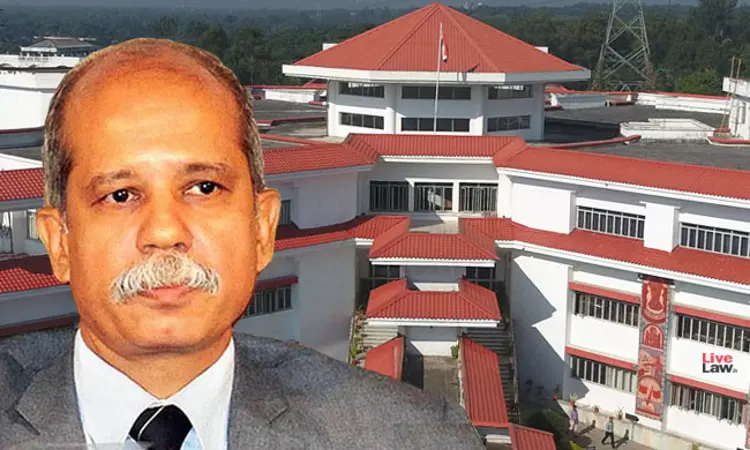Careless Insults To Religion Without Deliberate Intention To Outrage Religious Feelings Not Offence Under Sec 295A IPC : Tripura High Court
Akshita Saxena
6 March 2021 3:22 PM IST

The High Court quashed an FIR registered over a Facebook post on Bhagavad Gita.
Next Story


